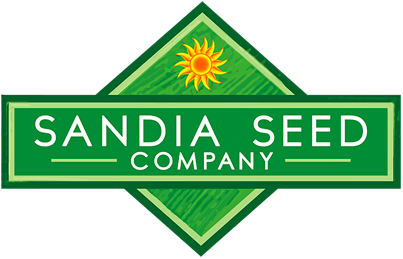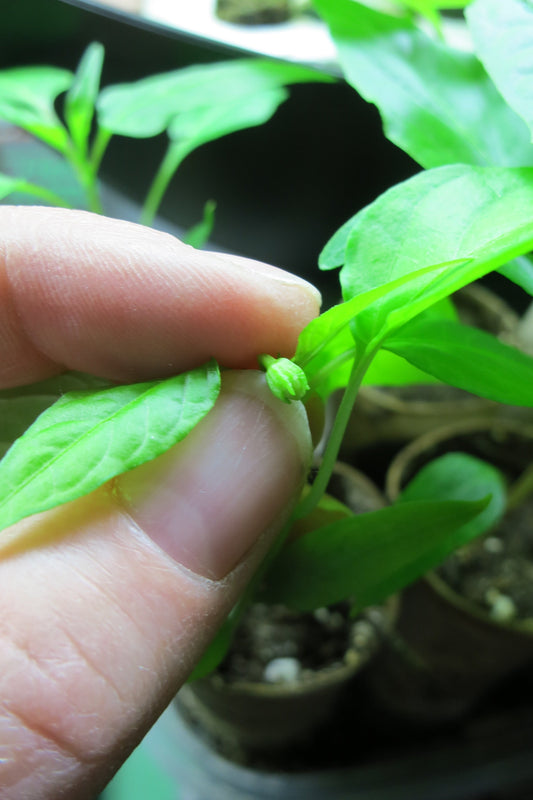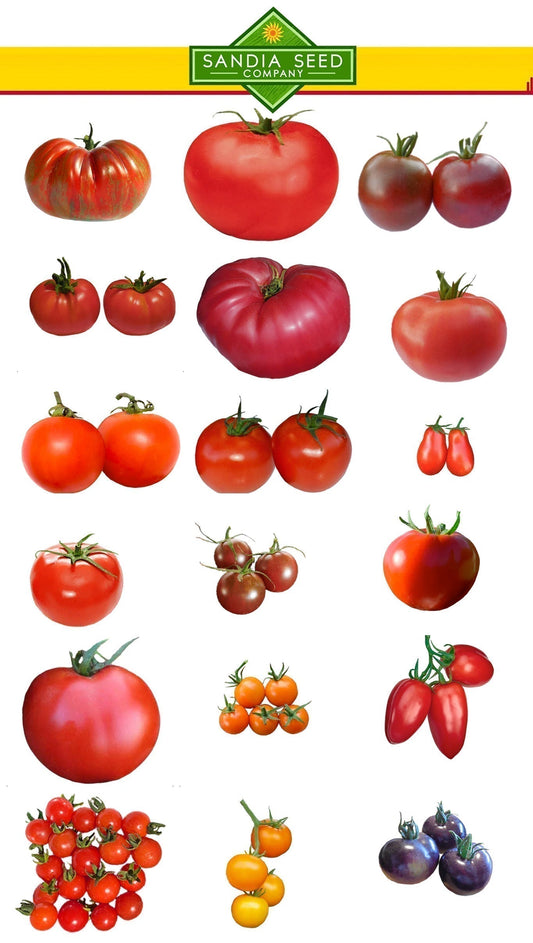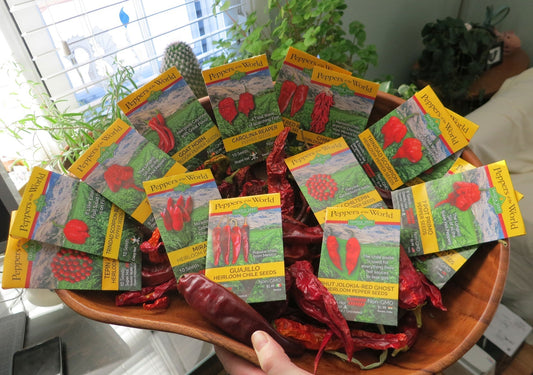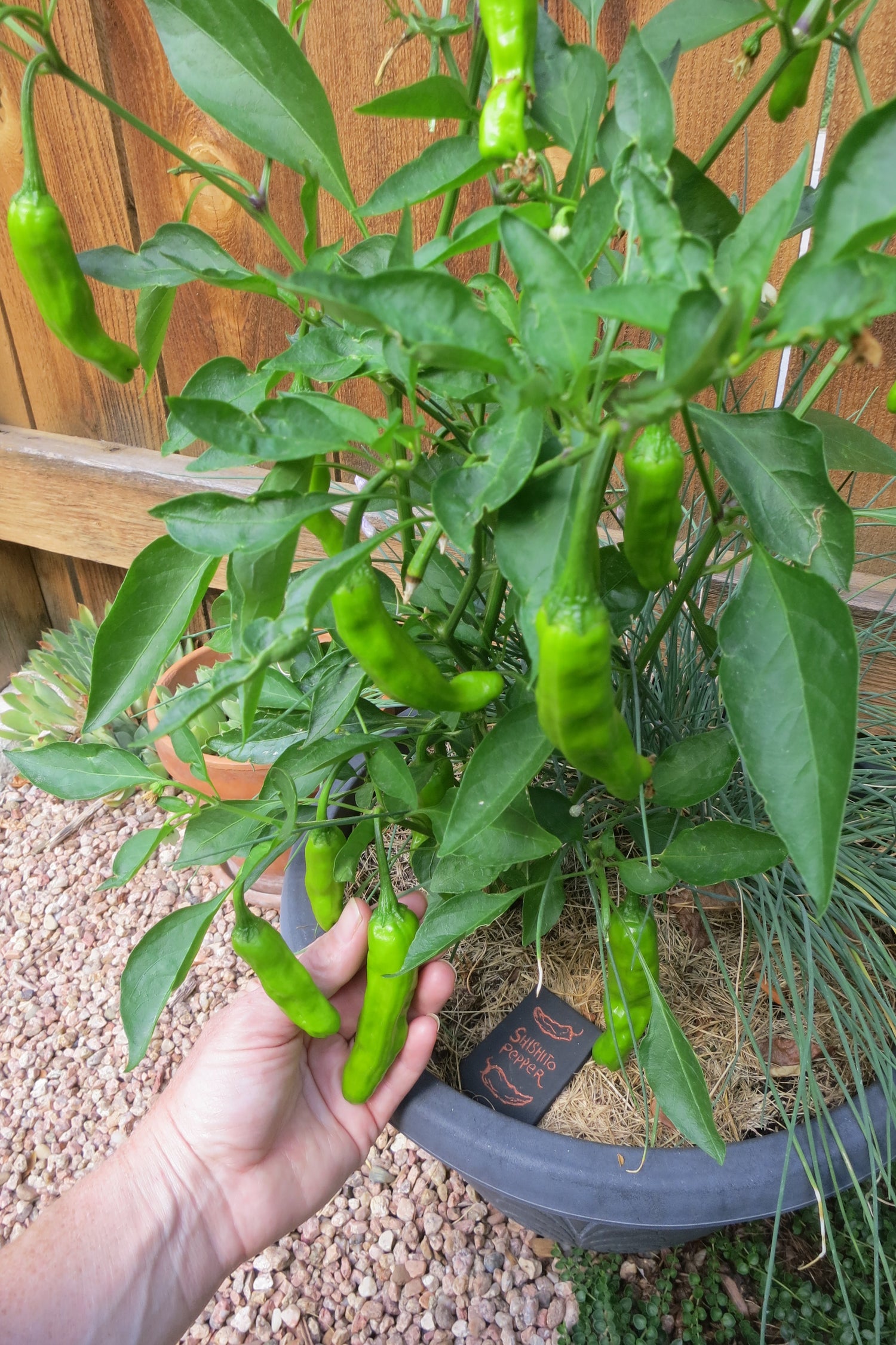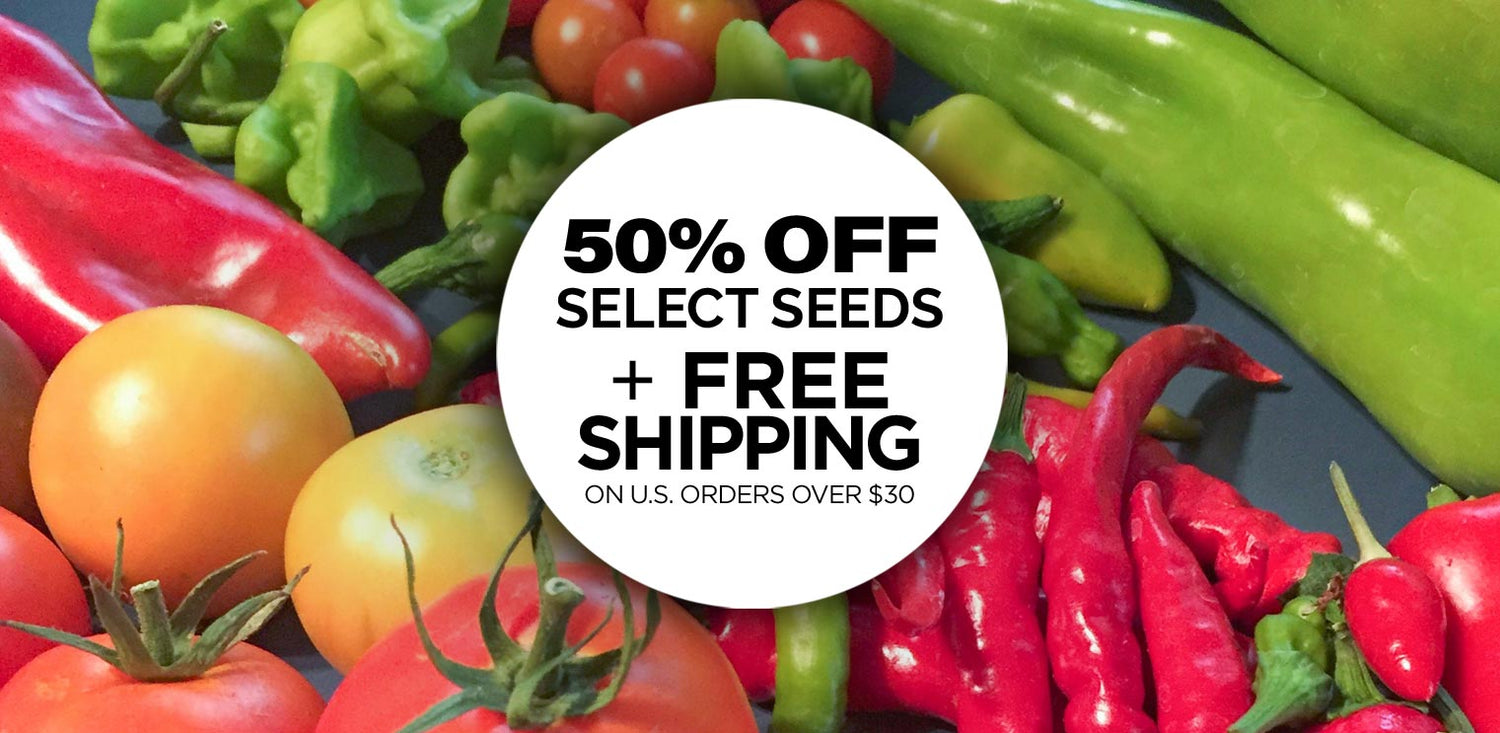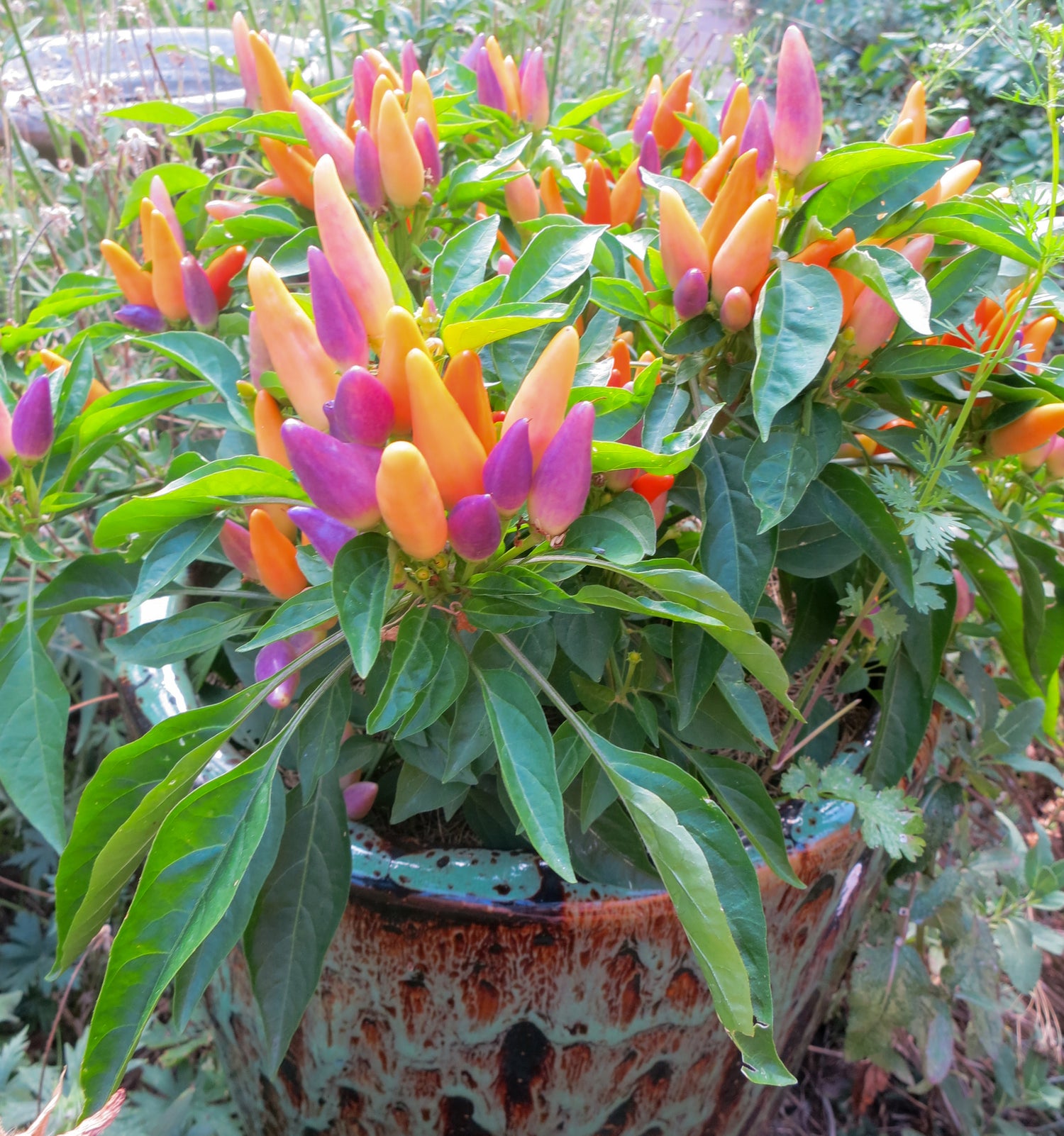
Bird Seed Garden:
Sunflowers attract Goldfinches!

Grow your own Bird Seed Garden to produce organic bird seed with sunflowers or Echinacea flowers – plus you can grow some super hot peppers to help keep the squirrels and rodents away from your seed mix!
What kind of seeds are in bird seed?
There are a lot of different kinds of seeds marketed as bird seed from the stores, many include seeds for millet, safflower, and cracked corn – and of course sunflower seeds. We've found that most birds' favorite seeds are the sunflower seeds! It's the first to disappear in our feeders. We also find that birds like Goldfinches love to perch on sunflowers and Echinacea in the garden in late summer to snack on the fresh seeds, so it's like growing your own self-standing bird feeder! If you leave them standing all winter, you'll have feathered friends visiting for winter snacks.

Growing sunflowers from seed is a great easy way to attract goldfinches and other songbirds to your garden. Plant lots of them around the perimeter of the garden to bring in birds as well as native bees and pollinators like Monarch butterflies.

You can save the sunflower heads, then in winter put out either the head or seeds in your bird feeders for an all-organic local bird seed source. 

To make homegrown bird seed squirrel proof:
Since squirrels also LOVE sunflower seeds and other bird seed, you can deter them from raiding the feeders by adding dried hot peppers to the mix.
Dry and process dried hot peppers and then mix the dried pepper powder with the seed. Make sure to wear gloves and even a mask/goggles when applying the hot pepper powder to the bird seed, as it can burn your skin and eyes!
How to Make Hot Pepper Powder to mix with Bird Seed:
- Use any dried hot peppers*
- Process dried peppers in a food processor or coffee grinder (that you don't plan on using for coffee unless you like it spicy! ;) You may not get 100% powder, but a powder/flake mix will work!
-
Mix powdered/flakes with bird seed and add to feeder. Make sure to wear a mask/goggles and gloves to keep the powder from getting on you!
*Good hot peppers to use for squirrel-proofing
your homegrown bird seed include:
Cayenne Peppers, Goat Horn Peppers, Thai Hot Peppers, Tabasco Peppers, Tepin Peppers, Thai Dragon Peppers, and many others. You can also go with super hot peppers for a super hot kick that goes a long way, but be careful, this can be wicked on your eyes and skin when handling so wear protection!
Wondering how best to dry your hot peppers?
Learn How to Dry Hot Peppers without a Dehydrator »

Read this review on our
Carolina Reaper peppers
(the hottest pepper in the world!):
“I've ordered from Sandia for several years. They have a great selection of the very, very hot peppers that I use to dry and mix with suet for the birds. The Carolina Reapers are great because they produce so well. I also grow and use other hot peppers for the same purpose. Habaneros are too mild for this. Sandia's seeds are good quality and I always get a great germination rate.”
~ Chuck
You can grow any of our super hot pepper seeds or hot pepper seeds to grow pods that you can dry and add to your bird seed to help dissuade squirrels from raiding your bird seed feeders. :)
Just be careful not to get the hot pepper dust in your eyes or nose!

Another great way to grow bird seed is to grow flowers that have seed heads that you can leave all winter long for the birds to snack on. Birds love perching on Echinacea flower seed heads in the winter months to eat the precious seeds inside. Each seed head is a tiny bird feeder that provides sustenance all winter long for small birds. The best part, all you have to do is start seeds for Echinacea and these Purple Coneflowers will come back bigger and better year after year. These wonderful native plants will rewarding you with a show of flowers that dazzle butterflies and pollinators, then in the fall and winter you can watch the birds enjoying the seeds.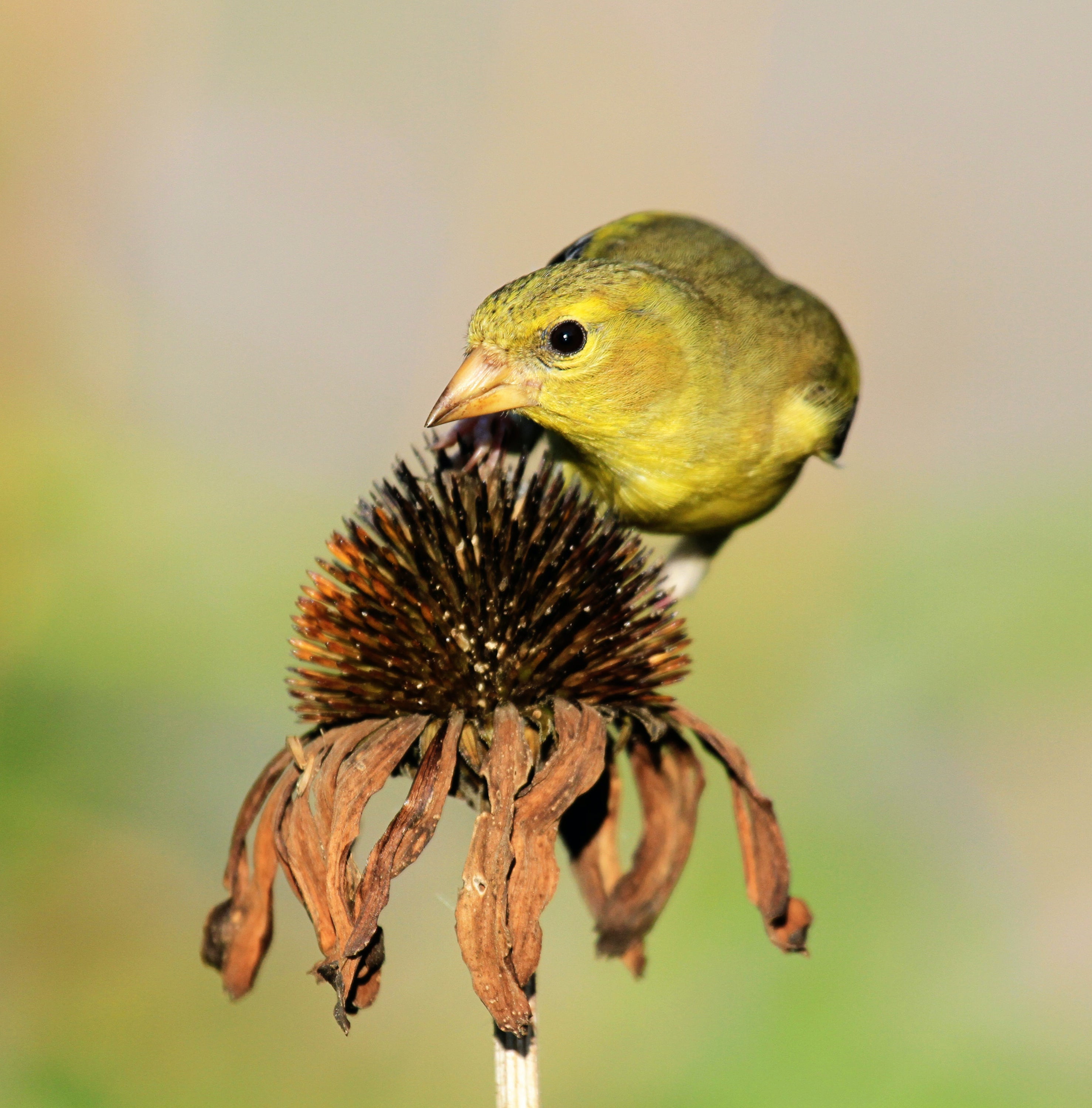
Birds are wonderful to have in and around your vegetable garden as they also serve as natural pest control! Birds eat grasshoppers, tons of caterpillars like cabbage moth larvae, aphids, and other pests that would otherwise eat your veggies.
More Bird Garden Tips:
If you can, leave a bird bath out year round to provide water for the birds. Plant sunflowers and native plants in your area, such as Echinacea, and then leave the seed heads and stalks all winter long to provide food and shelter for both birds and pollinators like butterflies and bees.
Happy growing and birding!
They don't have any heat."
© Illustration by Picklewix.com
